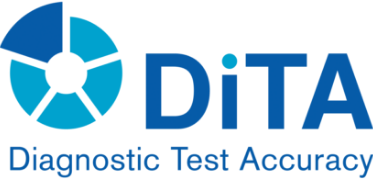This page answers some of the questions you may have about DiTA, the Diagnostic Test Accuracy database:
How are primary studies and systematic reviews located?
Specific criteria are used to define which primary diagnostic test accuracy studies and systematic reviews are indexed on DiTA. We have located (and are still locating) primary studies and systematic reviews in a number of ways:
- We performed optimised retrospective searches of four databases (MEDLINE, EMBASE, CINAHL and the Cochrane Database of Systematic Reviews). Now we prospectively search these databases using automated (SDI) optimised searches.
- We track citations in systematic reviews on the DiTA database.
- Finally, users of DiTA are encouraged to notify us of studies and trials that are not yet indexed on DiTA by contacting us.
How far back in time does the database go?
We will include any study or review that satisfies the criteria for inclusion on the database, regardless of how long ago it was published. At the time of writing, the oldest record on the database (a primary diagnostic test accuracy study) was published in 1969.
How often is the database updated?
DiTA is now updated once per month, usually on the first Monday of the calendar month.
What can I do if I find a primary study or systematic review that is not on the database?
If you know of a primary study or systematic review that you think ought to be on DiTA but is not, please let us know. First, check that it meets the criteria for inclusion. If it does, please contact us. The more details you can provide, the more likely it is that we will be able to find it. If you are the author of a paper that you think ought to be on DiTA but is not, please send us a full-text copy.
What can I do if I find an error in the indexing of a particular record?
Each record on DiTA is categorised using a series of codes for the subdiscipline of physiotherapy, the body part being assessed, the index test category and the reference standard category. Some of these codes are based on the codes used for the PEDro database.
There may be errors in the indexing of a particular record (for example, there may be spelling errors, the source may be incorrect, or the record may be categorised incorrectly). If you find an error, please contact us. Cut and paste the complete record from the “Detailed Search Results” page into the comment section and indicate what indexing error has been made. While we are grateful for information about indexing errors, we will not be able to reply individually to people who notify us of indexing errors.
How are DiTA and PEDro related?
DiTA is produced by the PEDro Partnership. Since 1999, the PEDro Partnership has been producing the Physiotherapy Evidence Database (or PEDro). PEDro is designed to provide rapid access to high-quality clinical research to support the practice and teaching of physiotherapy. Indexing randomised controlled trials, systematic reviews, and evidence-based clinical practice guidelines evaluating the effects of physiotherapy interventions, PEDro is now the preeminent global physiotherapy resource. To celebrate PEDro’s 20th anniversary, we decided to tackle another aspect of evidence-based practice: how to make an accurate diagnosis. Modelled on PEDro, DiTA is the Diagnostic Test Accuracy database. DiTA is a free database that indexes primary studies of diagnostic test accuracy and systematic reviews of diagnostic test accuracy related to physiotherapy practice.
How can I volunteer to help with DiTA and PEDro? How can I subscribe to the PEDro newsletter?
We are always looking for volunteers to help us locate studies and reviews for DiTA and to locate and rate trials, reviews and guidelines for PEDro. If you would like to assist in any way (for example, by helping us rate trials in the area of your interest), please contact us. If you wish, you can subscribe to the PEDro newsletter in the footer of this page. We use our newsletter to keep users informed about the latest developments in DiTA and PEDro. You can be a volunteer “Friend of PEDro” from anywhere in the world. At the moment the PEDro Partnership is also seeking financial assistance. If you know of a potential funding source, please let us know.



